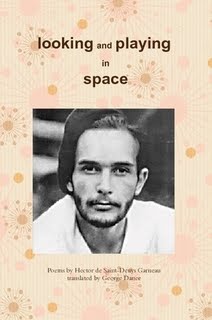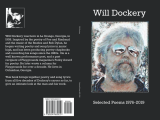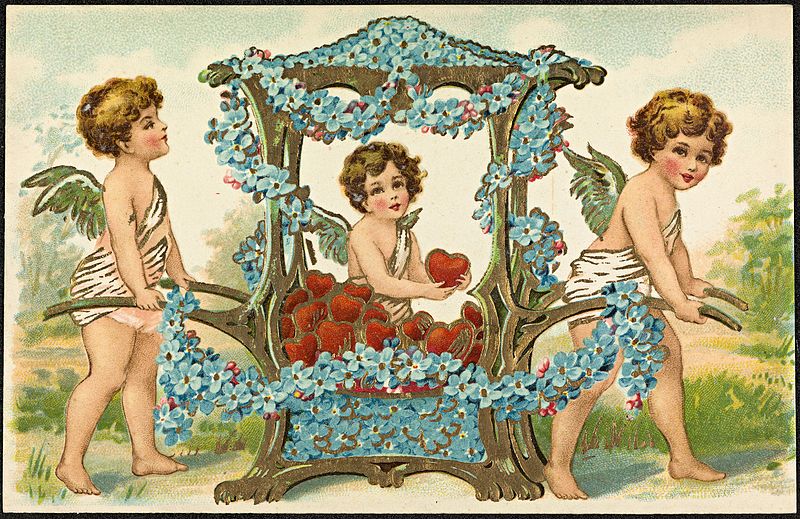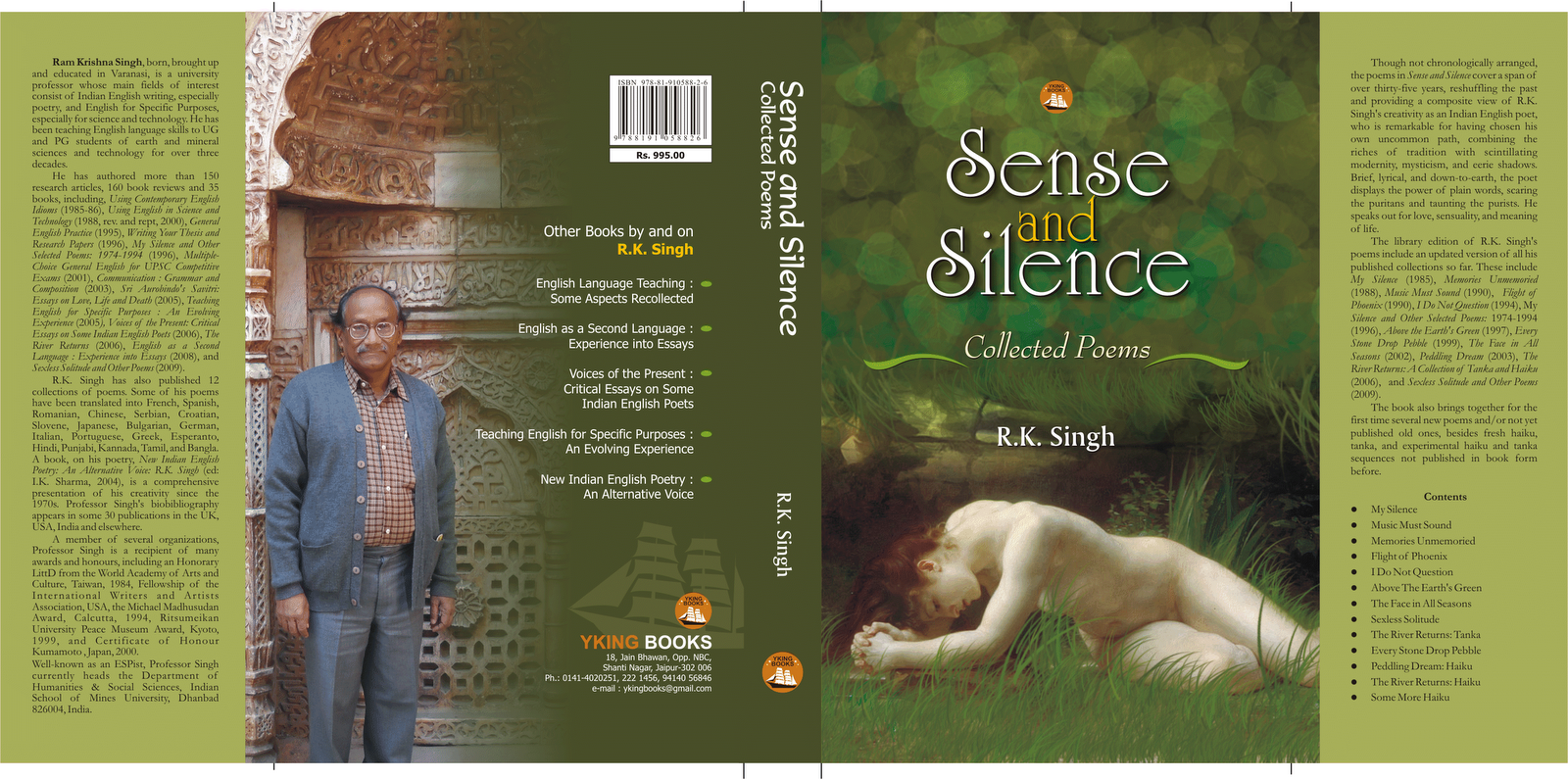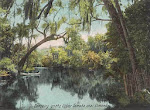In August
When August days are hot an' dry,
When burning copper is the sky,
I'd rather fish than feast or fly
In airy realms serene and high.
I'd take a suit not made for looks,
Some easily digested books,
Some flies, some lines, some bait, some hooks,
Then would I seek the bays and brooks.
I would eschew mine every task,
In Nature's smiles my soul should bask,
And I methinks no more could ask,
Except – perhaps – one little flask.
In case of accident, you know,
Or should the wind come on to blow,
Or I be chilled or capsized, so,
A flask would be the only go.
Then could I spend a happy time, –
A bit of sport, a bit of rhyme
(A bit of lemon, or of lime,
To make my bottle's contents prime).
When August days are hot an' dry,
I won't sit by an' sigh or die,
I 'll get my bottle (on the sly)
And go ahead, and fish, and lie!
~~
Paul Laurence Dunbar (1872-1906)
from Complete Poems, 1913
[Poem is in the public domain worldwide]
Paul Laurence Dunbar biography





